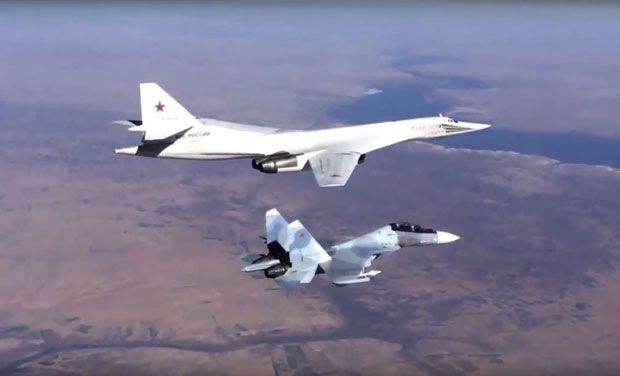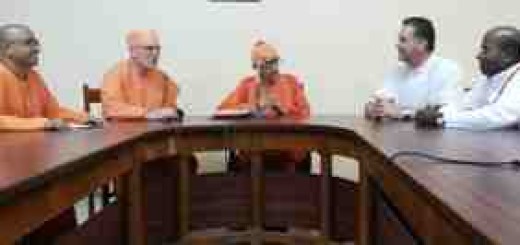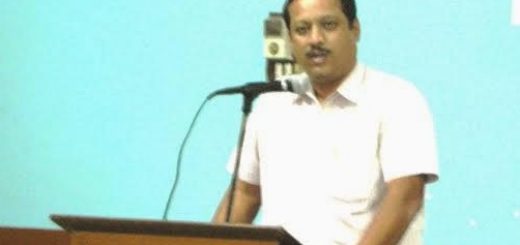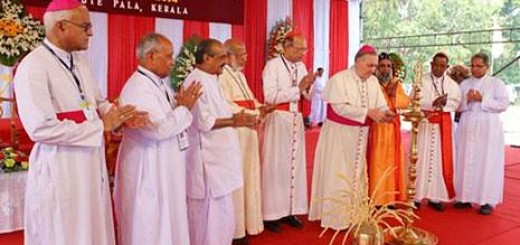Fighting IS with air strikes alone – Editorial in the Hindu, December 5, 2015

(Note: I feel sorry for David Cameron. Why? I an afraid his is going to be a repeat of Tony Blaire becoming a poodle for George Bush in the Iraq war against a non existent  weapons of Mass destruction. Fountain head of all terrorists attacks, weather Christian, Hindu, Muslim or ISIS is in the hearts and minds which are beyond the reach any bombs or war planes. Defenses for peace must be built in those hearts and minds. Do we need a Solomon to understand this much? Are there no brainy people among the the four permanent members of the UN security Council (China the 5th member is wisely biding its time) to see simple truth evident like day light? Why don’t these mighty four allot one-hundredth of resources they are spending to maim, kill and destroy, to do the constructive work of a massive campaign to cleanse the minds and hearts of these so-called terrorists, by providing them a decent way to live a purposefully humanely human lives? Air strikes to eliminate enmity and hurt feelings? James kottoor, editor)
weapons of Mass destruction. Fountain head of all terrorists attacks, weather Christian, Hindu, Muslim or ISIS is in the hearts and minds which are beyond the reach any bombs or war planes. Defenses for peace must be built in those hearts and minds. Do we need a Solomon to understand this much? Are there no brainy people among the the four permanent members of the UN security Council (China the 5th member is wisely biding its time) to see simple truth evident like day light? Why don’t these mighty four allot one-hundredth of resources they are spending to maim, kill and destroy, to do the constructive work of a massive campaign to cleanse the minds and hearts of these so-called terrorists, by providing them a decent way to live a purposefully humanely human lives? Air strikes to eliminate enmity and hurt feelings? James kottoor, editor)
With British jets having started bombing Islamic State locations in Syria, four of the five permanent members of the United Nations Security Council have formally joined the war against the jihadist group. The United States, France and Russia are already in the fray. But despite persistent bombing by these countries over the past few months, IS still holds on to the territories it controls. Will Britain joining the war change the script? Prime Minister David Cameron himself warned against quick expectations. He said it’s a “complex” war and that the country has to be “patient and persistent”. But the real problem that the war against IS faces is not the campaign being less persistent; it’s that there is no coordinated strategy among the nations fighting the jihadists. Syria’s skies are already crowded. The downing of the Russian aircraft by Turkey over the Syrian border last month exposed the faultlines of the anti-IS war. Countries involved in the war are also competitors for geopolitical gains and they have divergent views towards the future of Syria. For example, the Americans want Syrian President Bashar al-Assad to go, while the Russians are the main backers of the regime, saying the only sustainable alternative to IS is restoring the Syrian statehood.
Does Prime Minister Cameron have a strategy to address these complexities? Or is his only plan, as that of his allies in the West, to target the group from the air? He did not lay down a comprehensive strategy in the British Parliament while seeking the support of Members of Parliament for the air strikes. His claim that there are 70,000 rebels ready to fight IS on the ground is far from convincing. Who are these rebels? Syrian rebel groups are hardly united, and in tough battles in the past they fled, leaving the territories and the weapons they got from Mr. Assad’s enemies to the hands of IS. Those who faced down IS on the ground were the Kurds. But Turkey, a member of the North Atlantic Treaty Organisation (NATO) that is formally part of the U.S.-led coalition against IS, is bombing the Kurdish rebels on the Syrian border. Besides, how will Mr. Cameron’s government respond to allegations that Turkey was complicit with IS by facilitating the group’s trade in oil? The ground situation is so complicated that it is irrational to believe that sending a few more bomber jets into the Syrian skies would weaken IS. Of course, the war against IS needs air cover. But it should be in a supplementary role. The main fight has to take place on the ground and for that, the coalition needs coordination among the forces fighting IS, including the Syrian and Iraqi national army. Without such a coordinated strategy, air strikes would only play into the hands of the jihadists.
















